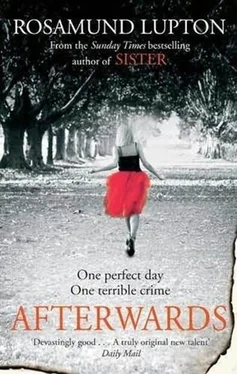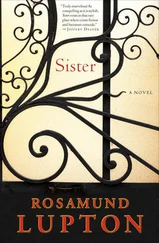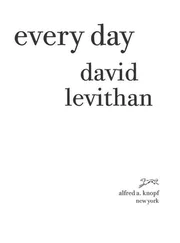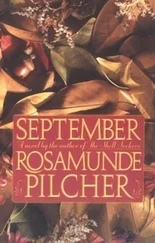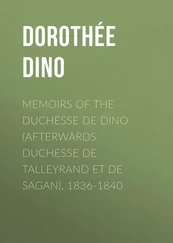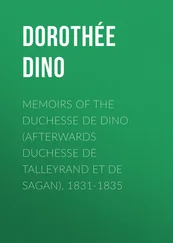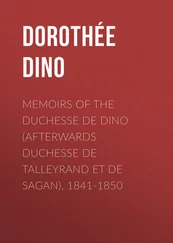No, I thought, it’s not alright. And if only she could put the mental agility used in that rejoinder into her A-level work.
We walked the last bit, as we always do, along the oak-lined driveway. Adam was gripping my hand.
‘OK, Ads?’
Tears were starting, and he was trying not to let them out.
‘Does he really have to go?’ Jenny asked. I was thinking the same. But Adam stoically let go of my hand and went to the gate. He pressed the buzzer on the gate and the secretary let him in.
You’d been away filming since the day after Mr Hyman was fired, so you hadn’t been there to see the consequences. In our brief, badly-connected phone calls you’d been more worried about Jenny, checking up that no more hate mail had arrived – which it hadn’t, thank God – but it didn’t leave much space for Adam. And I hadn’t told you; perhaps fearful of igniting a flashpoint between us. So you still didn’t know that for Adam it was almost like a grief. Not only had he lost a teacher he adored, but the adult world had proved itself cruel and unjust and nothing like the stories he read. Beast Quest books and Harry Potter and Arthurian legends and Percy Jackson – his whole literary culture up to this point – didn’t end like this. He was prepared for unhappy endings, but not unjust ones. His teacher was sacked. For something he didn’t do.
And school was already mutating back into the hostile place it had been before Mr Hyman was his teacher.
At quarter to six, after a ‘ lightning-quick supper, Ads! ’ and a change into clean uniform, we arrived early at the prize-giving with his shoes polished and his blazer brushed so he wouldn’t get into trouble. I was in faded jeans with a genuine rip as a protest, which he liked. ‘ Cool, Mum! ’ There’s a subversive streak lurking in Adam somewhere.
Other mothers would be in their designer Net-a-Porter uniforms and expensive sleek boots.
We were fifteen minutes early, partly because Adam is in the choir so had to get there in good time, but also because of his anxiety about being late, which had got so much worse in the last three weeks.
I spotted Maisie waving to me from a pew near the front, even earlier than us. Adam went to the side-room to wait for the rest of choir and I joined her.
‘Bagged you and Mike a good spot,’ she said, budging up to make a space for me. ‘Rowena was sorry not to be here, but it’s just too close to their exams now, isn’t it?’
So Rowena was revising, even though she’d already been offered a conditional-but-virtually-guaranteed place at Oxford to read Science. While Jenny, who most definitely hadn’t been offered a place by anyone, was at a friend’s house. As small girls, Jenny used to gripe about Rowena being too competitive and needing to be the best at everything. I’d wished she shared a little of those traits. I still did.
‘Is Addie in the choir again this year?’ Maisie asked. ‘I do love hearing him sing.’
She’s so tactfully sensitive, never asking, ‘So do you think Adam will win a prize?’ but instead celebrating his small contribution.
I saw Maisie smoothing her brown cotton dress over her tummy, trying to tug it flat, and tears starting in her eyes.
‘Do you think I look like a bulimic hog in this?’ she asked me quietly, almost furtively. It was such un-Maisie language that for a moment I didn’t think I’d heard her properly.
‘Of course not, my honey!’ I said. ‘You look gorgeous. Sex-on-a-stick lollipop-gorgeous.’
She giggled. ‘Like a Shiny-Mum?’
The name we have for the mothers in the shiny slinky boots and expensive silky clothes and shiny hair professionally salon-blow-dried this afternoon.
‘Shinier,’ I said.
I stuck out my scruffy jeans and indicated the rip. Should I ask her about the bulimic hog?
‘You are the kindest woman in the world, Gracie.’
Then Donald arrived, holding the cup that he’d give out later.
‘Just polishing up the silverware,’ he said, his avuncular face beaming.
When Jenny first went to the school we were both left of centre, embarrassed our child went to a private school, and thinking ‘Donald-and-his-cup’ absurd and funny. But less critical and hypocritical now, I find it touching that he still wants this link to the school. I never got to know Donald well, Maisie and I usually meet in the daytime when he’s at work and Rowena’s at school, but I know from Maisie how much he adores his wife and daughter.
I watched Donald take Maisie’s hand, sit a little closer to her than he needed to, and felt jealous that you weren’t there.
In the small, sweaty office, DI Baker has finally stopped his hissing radio conversation.
‘The prize-giving was held in St Swithun’s, a mile or so from the school,’ you say. ‘My flight was delayed so I arrived late, at about six fifteen. They didn’t even have someone on the door. I just walked straight in. The school’s policy on security was negligently bad.’
You don’t say anything about lightning-quick suppers and brushed clothes; nothing domestic in your memory.
‘I noticed that the headmistress seemed tense,’ you continue. ‘Even before Hyman came into the church.’
I agree with you. Mrs Healey did seem more than usually uptight, but surely it was because the school was on parade that evening and she wanted it all to go like clockwork?
‘It was as though she was expecting something to happen,’ you say.
DI Baker’s radio hisses again and he answers it. You’re outraged, but what can you do?
I saw you standing at the back with a group of fathers, who’d also got there late. You caught my eye but the bustle of an airport and a busy important career was still hanging about you and your smile wasn’t yet fully engaged with me.
Mrs Healey was about halfway through handing out the cups, interspersed with short musical performances. The school was meant to be ‘ Fostering Self-Confidence in EveryChild’ – but I’d noticed that all the important cups were again going to the ablest children.
Perhaps Jenny was right after all. Perhaps the cups were there to add a silver gleam to future eleven-plus papers and help the top students into the top schools. An investment of silver, which would be paid off in new children joining the school. I didn’t like to think that we were part of a business model rather than a prize-giving that spring evening.
I searched for Adam amidst the rows of identically dressed children, trying to work out what I’d say to him later, at bedtime, when he again felt a failure. I spotted other mothers like me – Sebastian’s mother, Greg’s – sitting a little too upright, hands tight around their programmes, also wondering how they’d persuade their child that prizes don’t matter; that they matter. But the mothers of the school heroes – the children who are in the top sets, and captain the teams and already own the sports-player-of-the-week shield and the musician-of-the-week trophy – met each other’s eyes over the pews, beaming faces locating other beaming faces, never guessing at the thoughts in our upright-seated brigade.
The fathers of those children were always there on time.
No, that wasn’t a dig. Your plane was late. I’m sorry.
DI Baker has finally stopped his hissing radio conversation.
‘At about six forty,’ you say, ‘Silas Hyman barged through the door. He shoved his way past the parents.’
The church door clanged behind him, silencing a wobbly solo clarinet. We all turned and stared as he pushed his way through the parents at the back. I saw that his suit was pressed, his shoes were polished, his boyish face cleanshaven. But he was unsteady as he walked up the aisle and was sweating profusely.
Читать дальше
